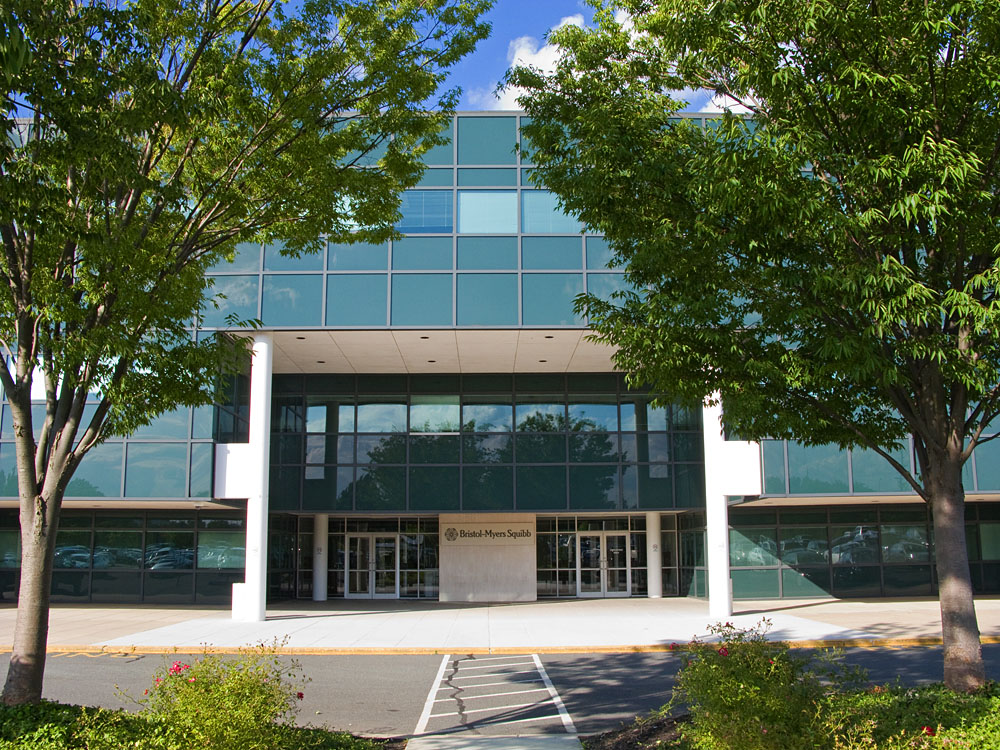BMS makes record $1.8bn bet on Nektar cancer drug

Bristol-Myers Squibb scored a first-in-class approval with cancer immunotherapy Opdivo just a few years ago – could it be about repeat the trick with a new drug that stimulates natural killer (NK) cells?
BMS has agreed to pay $1.8 billion up front to co-develop a drug with San Francisco-based biotech Nektar Therapeutics that aims to ramp up the body’s immune attack in combination with Opdivo and its other immunotherapy drug, Yervoy.
This is the largest licence fee in biotech history and led to immediate criticism that BMS has overpaid, particularly as a profit-sharing deal will see Nektar receiving 65% of profits, and BMS getting the remainder.
But in an increasingly competitive market where Merck's Keytruda is threatening to steal Opdivo's crown as the top-selling cancer immunotherapy, BMS is under pressure to find ways to make its drug work more effectively.
Opdivo's Acchiles heel is its failure in a big trial in lung cancer, which has allowed Keytruda to gain an advantage, and BMS wants to find ways to unlock its potential in this highly lucrative indication.
Nektar will book revenue for worldwide sales and retain the ability to develop NKTR-214 with other anti-cancer agents.
The licence fee from BMS comprises of $1 billion in cash – but by paying the remainder in the form of a share purchase, the big pharma ensures it has skin in the game and the potential to buy Nektar at a later date.
The size of the deal values Nektar at around $15 billion – but BMS clearly isn’t quite ready to pay such a large amount for an unproven drug, preferring to hedge its bets until later in development.
[caption id="attachment_16903" align="alignnone" width="124"] BMS CEO Giovanni Caforio[/caption]
BMS CEO Giovanni Caforio[/caption]
BMS’ CEO Giovanni Caforio said: “Bristol-Myers Squibb has established Opdivo plus Yervoy as the only approved immunotherapy combination for cancer patients and built a robust oncology pipeline.”
“With this commitment to the development of NKTR-214, an investigational therapy designed with a unique approach to harnessing the full potential of the interleukin-2 pathway, we now have a third validated I-O mechanism that has demonstrated a clinical benefit in patients, and holds significant potential to expand the benefits that these immuno-oncology agents can bring to patients with cancer.”
Natural killers
BMS has been working with the biotech Nektar Therapeutics on a drug known as NKTR-214, which stimulates the immune system to produce more natural killer (NK) cells around tumours, while also using Opdivo and Yervoy to call in an attack from T-cells.
NK cells act differently from T-cells as they often lack surface receptors specific to antigens – instead they recognise and kill cells infected by viruses, or tumours.
This contrasts with T-cells, which are often directed against specific antigens on the surface of cancer cells, or those infected with viruses.
BMS clearly thinks adding NK cells to the arsenal will build on the already impressive results seen from Opdivo on certain cancers.
Early data suggest that NKTR-214 could work in the patients whose tumours do not express the PD-1 antigen, which is associated with poorer results from Opdivo. In a few cases the combination seemed to destroy tumours completely.
The companies’ collaboration will test NKTR-214 plus Opdivo (nivolumab) across numerous tumours, based on promising early data from ongoing Phase 1/2 PIVOT clinical study in in melanoma, kidney, triple-negative breast cancer, bladder and non-small cell lung cancer.
A joint clinical development plan will combine NKTR-214 with Opdivo and Opdivo plusd Yervoy in trials in more than 20 indications across nine tumours – which could lead to regulatory filings.
Meanwhile BMS gains exclusive rights in 20 indications across nine tumours in the joint clinical development plan for a specified time period.
https://twitter.com/adamfeuerstein/status/963744868928540673
https://twitter.com/bradloncar/status/963752885552115717
As reported by pharmaphorum earlier this week, there is growing interest in therapies based around NK cells.
Researchers at MD Anderson Cancer Center in Texas think NK-based cell therapies could be manufactured in labs at one hundredth of the cost of expensive CAR-T cell therapies – a mode of therapy that does not seem to be a priority for BMS.












